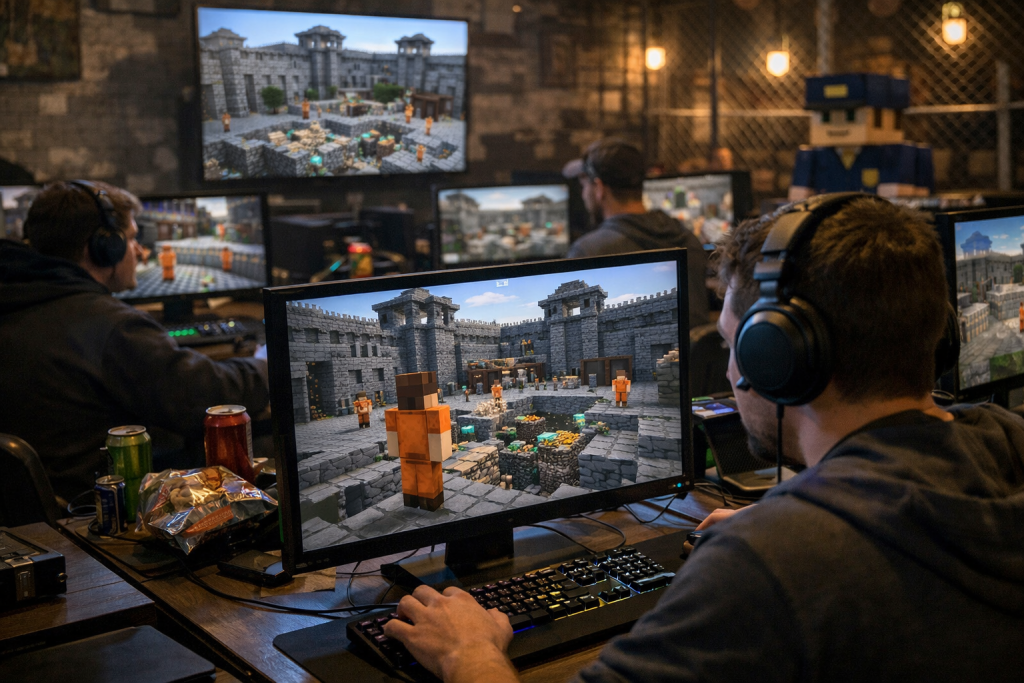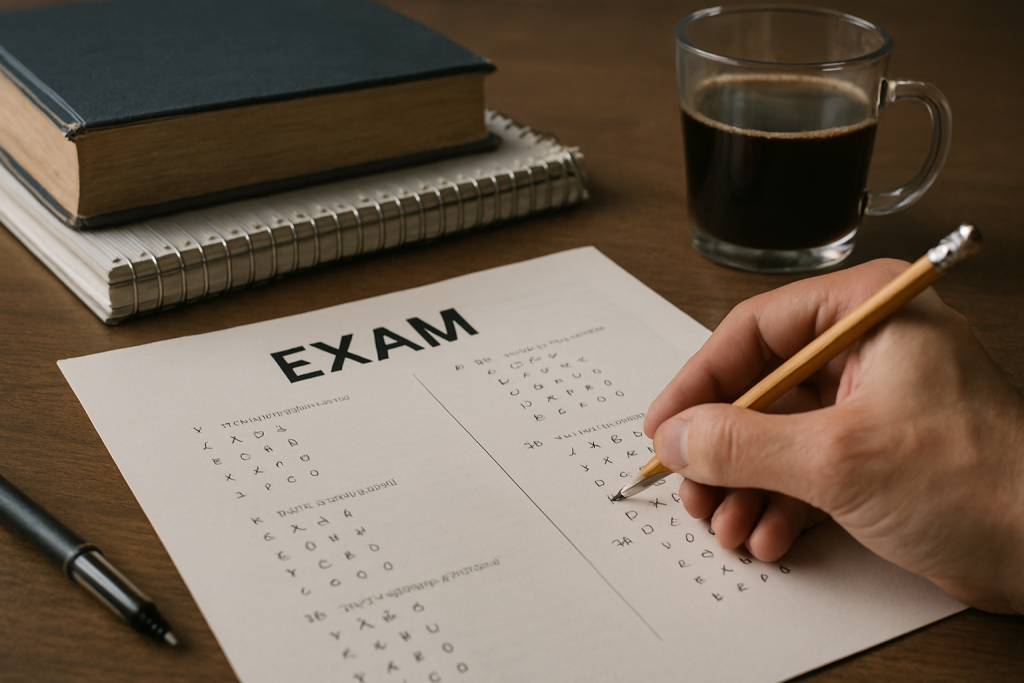Curious about when the next vice presidential debate will take place in the United States? Well, here’s an interesting statistic for you: Lafayette College has been selected as the host for the 2024 vice presidential debate. Exciting, right? With a rich history of hosting prominent figures and its strong ties to Pennsylvania and the Lehigh Valley, Lafayette College is the perfect representative for this important event. In this article, you’ll learn all the details about the upcoming vice presidential debate, including the location and the organization responsible for hosting it. So, if you’re eager to stay informed about this significant political event, keep reading and discover all the exciting details about when the debate vice president US will happen.
Lafayette College’s Selection as Host
You’ll be interested to know that Lafayette College’s selection as host for the 2024 vice presidential debate is a significant honor for the college. Lafayette College’s preparations for this momentous event are already underway. As a prestigious institution with a tradition of excellence, Lafayette College is well-equipped to handle the logistical and technical aspects of hosting such a high-profile event. The college’s partnership with the Commission on Presidential Debates further demonstrates its commitment to providing a platform for meaningful political discourse.
Lafayette College’s role in the community extends beyond academia. The college has long been a civic-minded institution, actively engaging with the local community and fostering a spirit of public service among its students. Hosting the vice presidential debate not only showcases Lafayette College’s commitment to civic engagement, but also provides a unique educational opportunity for its students. The impact of this event will be felt not only by the college, but also by the wider community, as it brings national attention to Pennsylvania and the Lehigh Valley.
Lafayette College’s tradition of excellence in education and its commitment to fostering critical thinking and intellectual growth will undoubtedly contribute to the success of the 2024 vice presidential debate. The college’s students will have the opportunity to witness firsthand the democratic process in action and engage with political leaders on important issues. Lafayette College’s selection as host for this historic event is a testament to its standing as a respected institution and its dedication to providing a transformative educational experience for its students.
Lafayette College’s History of Hosting Prominent Figures
Lafayette College has had the privilege of welcoming several prominent figures throughout its history. From presidents to vice presidents, the college has played host to notable guests who have made a significant impact in their respective fields. Lafayette College’s traditions and commitment to education have attracted these esteemed individuals, showcasing the influence and reputation of the college.
Over the years, Lafayette College has welcomed eight sitting, former, or future presidents and vice presidents to its campus. Benjamin Harrison, the 23rd president of the United States, visited in 1877 to see his son graduate. President Rutherford B. Hayes attended the rededication of Pardee Hall in 1880, while Dwight D. Eisenhower received an honorary doctorate of laws degree in 1946. Richard Nixon delivered the 1956 Commencement address, and Gerald Ford gave a talk in Colton Chapel in 1968.
These notable guests not only exemplify the prestige of Lafayette College but also highlight the influence and impact the college has had in shaping the careers of its alumni. Lafayette College’s commitment to providing a well-rounded education has produced graduates who have gone on to serve presidents, vice presidents, or their spouses. Alumni have also visited the college during various stages of their careers in public service, further emphasizing the college’s influence in the political sphere.
Lafayette College’s history of hosting prominent figures is a testament to its reputation as a respected institution of higher learning. As the college prepares to host the 2024 vice presidential debate, it continues to uphold its tradition of welcoming influential individuals and providing a platform for important discussions.
Lafayette College’s Background and Profile
When discussing Lafayette College’s background and profile, it is important to note its founding in 1826 as a private liberal arts institution in Easton, Pennsylvania. Named after Marquis de Lafayette, a Revolutionary War hero and influential statesman, the College has a rich history and a strong legacy. With a focus on a liberal arts education, Lafayette College offers Bachelor of Arts degrees in 34 fields and Bachelor of Science degrees in 15 fields, including five in engineering. The College boasts a global student body, with 2,729 students from 44 U.S. states and territories, as well as 60 countries. The campus is located on a sprawling 340-acre site, approximately 70 miles west of New York City and 60 miles north of Philadelphia.
Details About the 2024 Vice Presidential Debate
Get ready for the 2024 Vice Presidential Debate with all the details you need to know. Here are four key points to keep in mind:
- Format: The specific format of the 2024 Vice Presidential Debate will be announced by the Commission on Presidential Debates in 2024. They are a nonprofit, nonpartisan organization responsible for organizing all general election presidential and vice presidential debates since 1988. The format will determine the structure and rules of the debate, ensuring a fair and balanced discussion between the candidates.
- Moderators: The Commission on Presidential Debates selects prominent broadcast journalists as moderators for the debates. Historically, PBS has supplied the most moderators, with Jim Lehrer moderating the most debates. The choice of moderators aims to bring objectivity and expertise to the discussions.
- Ticket Availability: Details about ticket availability for the 2024 Vice Presidential Debate will be announced in 2024. As of now, there is no information on how tickets will be distributed or when they will become available. Interested individuals should stay tuned for further updates.
- Educational Opportunity for the Lafayette Community: The hosting of the vice presidential debate by Lafayette College presents a valuable educational opportunity for the Lafayette community. It allows students, faculty, and the broader community to witness firsthand the democratic process and engage in discussions on important national issues. The debate will showcase Lafayette College’s commitment to civic engagement and its role as a representative of Pennsylvania and the Lehigh Valley in national politics.
Audience Inquiries and Responses
If you have any questions or comments about the article, feel free to ask or share in the ‘Leave a Reply’ section below. Regarding the audience inquiries and responses, one commenter inquired about ticket availability for the 2024 Vice Presidential Debate. The response stated that additional details about tickets will be announced in 2024. Another commenter expressed positive sentiments about President Hurd’s impact on Lafayette College. As for viewership trends, it has been observed that viewership of the debates has fallen over the decades, although the first Clinton-Trump debate in 2016 drew a record 84 million viewers. In terms of debate formats, there has been an evolution over the years, with the introduction of town hall events and single-moderator formats by the Commission on Presidential Debates in 1992. As for debate moderators, all moderators since 1960 have been prominent broadcast journalists, with PBS supplying the most moderators. These are some key points related to the audience inquiries and responses, viewership trends, debate formats, and debate moderators discussed in the article.
Viewership of the Debates
The viewership of the debates has seen a decline over the years. This decline is evident from the following statistics:
- The first Clinton-Trump debate in 2016 drew a record 84 million viewers, indicating a high level of interest and engagement.
- However, the third debate in 2016 attracted 71.6 million viewers, showing a decrease in viewership compared to the first debate.
- The 2016 convention nights had fewer than 35 million viewers each, suggesting a significant drop in audience engagement during these events.
- It is important to note that these Nielsen numbers did not include online streaming or viewers who watched the debates at debate parties, indicating that the actual viewership may have been higher than reported.
The declining viewership of the debates has raised concerns about its impact on voters. Post-election surveys have consistently shown that most voters find the debates helpful in deciding which candidate to vote for. However, only a small percentage of voters definitively made up their minds during or just after the debates in recent elections. This suggests that the importance of debates in influencing voter decisions may be diminishing.
The rise of online streaming and the popularity of debate parties may also be contributing factors to the declining viewership. As more people opt to watch the debates through online platforms or attend debate parties, traditional television viewership may continue to decrease.
Despite the declining viewership, the debates remain an important part of the political process. They provide an opportunity for candidates to present their ideas, engage in critical discussions, and showcase their leadership abilities to the public. While the impact on voter decisions may be evolving, the debates continue to play a significant role in shaping public opinion and influencing the outcome of elections.
Effectiveness of the Debates
Considering the declining viewership and evolving voter decision-making process, evaluating the effectiveness of the debates is crucial. The post-debate impact on voter engagement has been a topic of interest. According to post-election surveys, most voters find the debates helpful in deciding which candidate to vote for. However, in recent years, the number of voters who definitively made up their minds during or just after the debates has decreased. In 2016, only 10% of voters made their decision during or just after the debates, while 42% made up their minds before the conventions. This suggests that while the debates play a role in shaping opinions, they are not the sole determining factor for voters.
Candidate preparation and debate strategies also play a significant role in the effectiveness of the debates. How well candidates prepare for the debates and the strategies they employ can greatly influence their performance and the impact on voters. Additionally, the influence of the moderators cannot be overlooked. Moderators, who are usually prominent broadcast journalists, have the responsibility of guiding the discussions and ensuring a fair and balanced exchange of ideas. Their influence can shape the tone and direction of the debates.
Evolution of Debate Formats
To understand the evolution of debate formats, you need to examine the changes that have occurred over the years in how presidential and vice presidential debates are conducted. Here are four key developments that have shaped the evolution of debate formats:
- Town hall events: In 1992, the Commission on Presidential Debates introduced town hall events, where undecided voters ask questions directly to the candidates. This format allows for a more interactive and personal exchange between the candidates and the voters.
- Single moderator formats: Prior to 1992, debates had a panel of journalists asking questions. However, the introduction of single moderator formats streamlined the debate process and allowed for more focused discussions on key issues.
- Panel of journalists: From 1960 to 1988, debates were organized by the League of Women Voters and featured a panel of journalists asking questions. This format aimed to provide a diverse range of perspectives and ensure balanced questioning.
- Viewership trends: Over the decades, viewership of the debates has fluctuated. While the first Clinton-Trump debate in 2016 drew a record 84 million viewers, the viewership for the third debate was 71.6 million. However, the 2016 convention nights had fewer than 35 million viewers each. These trends highlight the varying levels of interest and engagement from the public.
Throughout the evolution of debate formats, the role of debate moderators has remained crucial. Prominent broadcast journalists, such as Jim Lehrer and Bob Schieffer, have moderated multiple debates, bringing their expertise and impartiality to ensure fair and informative discussions. The evolution of debate formats has aimed to enhance the quality and accessibility of political debates, allowing voters to make informed decisions.




